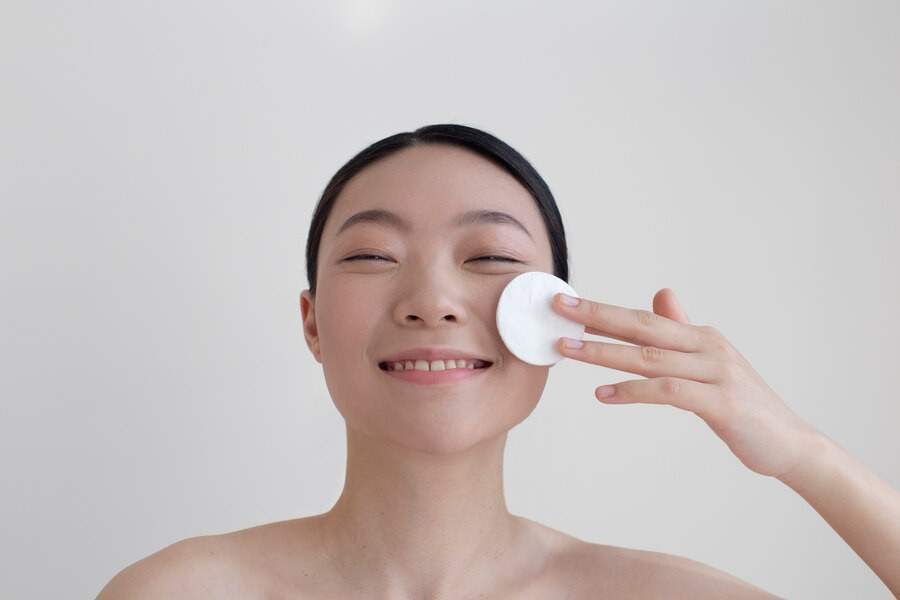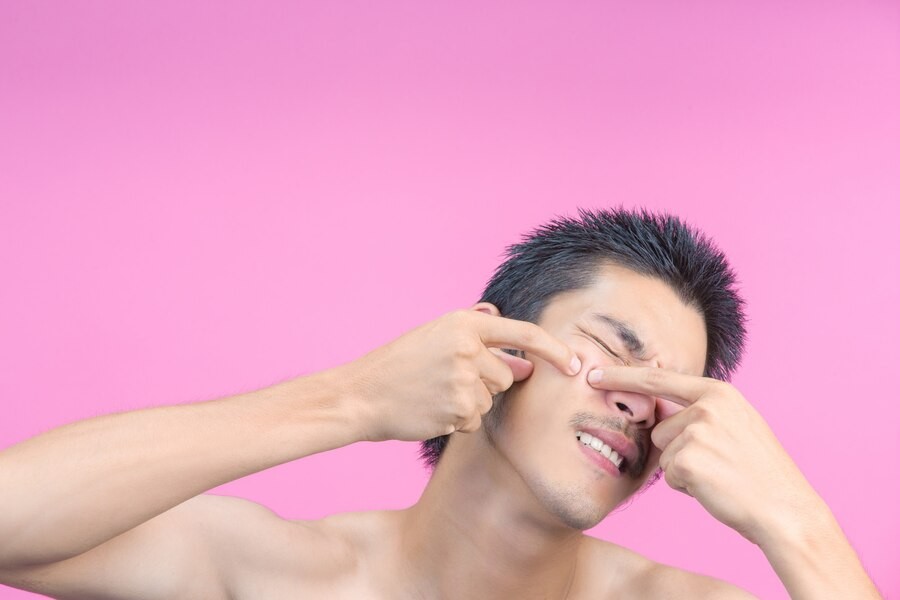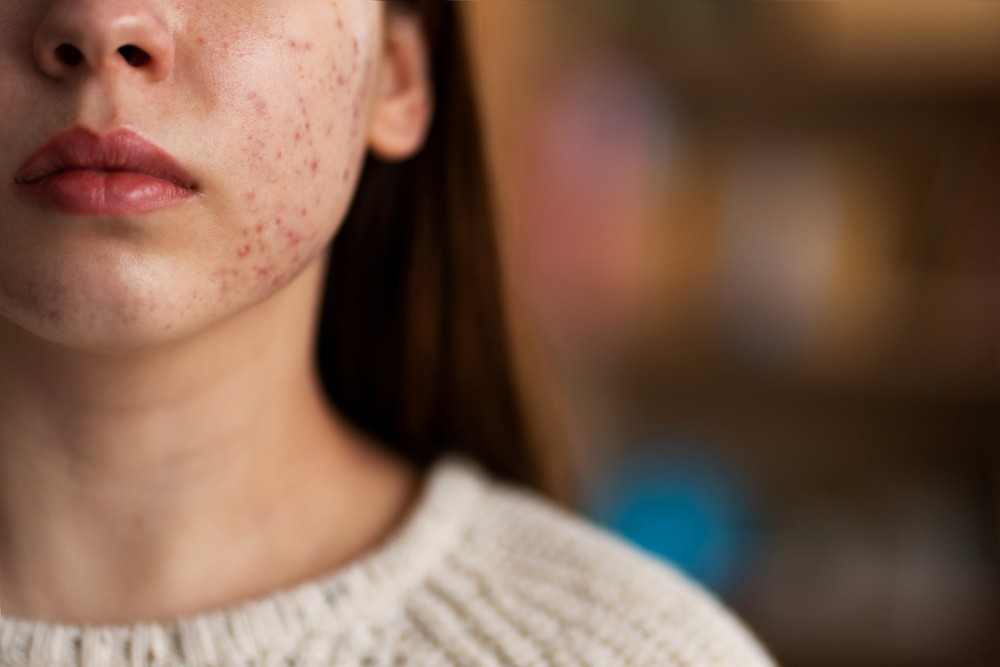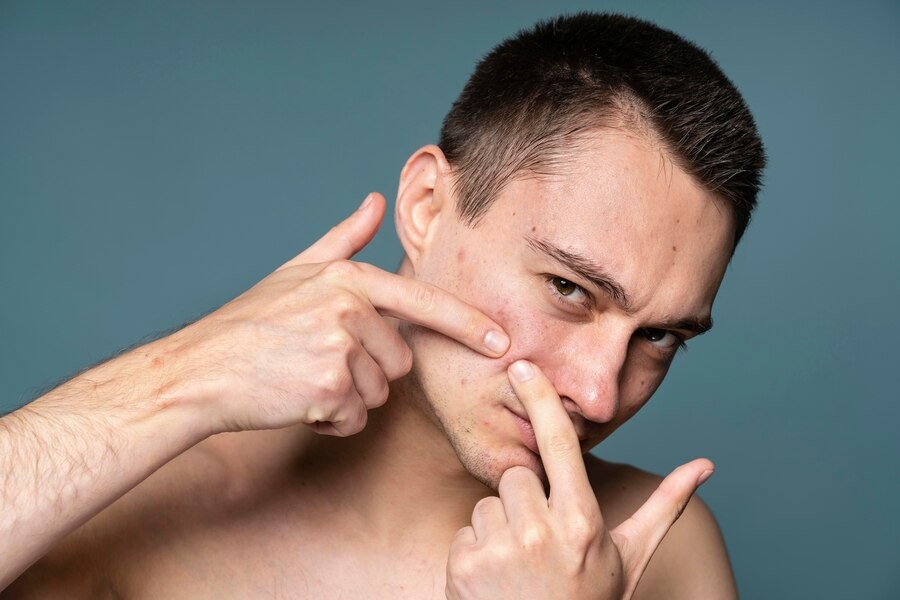Acne is a common skin problem for some people, particularly in their adolescent and young adult years. Acne can be treated using a variety of methods, from topical skin treatments to laser therapy.
Some people have recently considered using saline-infused liquids as an acne treatment alternative. They claim that using the infused liquid as a toner will help acne dry up faster. Is it safe to do this?
What is saline fluid?
Saline fluid, also known as 0.9% NaCl infusion fluid, is a common type of infusion fluid used in medical practice. it contains both sodium and chloride, making it an isotonic solution with sodium and chloride concentrations similar to those found in body fluids. Saline infusion fluid can be used to rehydrate, balance electrolytes, clean wounds, and act as a drug solvent.
Is saline fluid safe for acne treatment?
Saline fluid is not a popular or recommended method for acne treatment. Here are several reasons why it may not be ideal:
Contains no medicinal properties
Saline fluid contains solely sodium, chloride, and water. Saline effectively removes dirt, debris, and microorganisms from the wound while preserving the surrounding healthy tissue. This reduces the risk of infection.
While this solution can be used to clean wounds, it contains no antibacterial, anti-inflammatory, or acne-drying properties that are essential for acne treatment.
Risk of irritation
Although rare, frequent or excessive saline use can cause skin irritation or dryness. This risk of irritation is higher for sensitive or acne-prone skin.
Ineffective for treating acne
Acne is caused by a variety of factors such as excessive oil production, clogged pores, and bacterial infection. Acne is better treated with active ingredients like salicylic acid, benzoyl peroxide, or retinoids, which are designed to target specific causes of acne.
Lack of clinical evidence
There is no clinical evidence supporting the use of saline for acne treatment. Instead, use acne-specific skincare products that have been clinically tested and proven effective.
Using saline fluid as a toner to treat acne is unsafe. For effective acne treatment, use products that have been clinically tested and contain active ingredients such as salicylic acid, benzoyl peroxide, retinoids, azelaic acid, niacinamide, sulfur or others. If your acne is severe and and does not improve, you should see a doctor or dermatologist for appropriate treatment.
If you need medical advice or consultation, you can either visit a doctor or make use of the consultation features that are available in the Ai Care application by downloading the Ai Care application from the App Store or Play Store.
Looking for more tips and health tricks, first aid, and home remedies? Click here!
- Sean Edbert Lim, MBBS
Dr Varitsara Mangkorntongsakul. Wound Cleansers. Available from: https://dermnetnz.org/topics/wound-cleansers
Cerner Multum (2023). Normal Saline (flush). Available from: https://www.drugs.com/mtm/normal-saline-flush.html
American Academy of Dermatology (2023). How to Treat Different Types of Acne. Available from: https://www.aad.org/public/diseases/acne/diy/types-breakouts
Cleveland Clinic (2021). IV Fluids. Available from: https://my.clevelandclinic.org/health/treatments/21635-iv-fluids
Drip Hidration. What is Saline IV Used For?. Available from: https://driphydration.com/blog/what-is-saline-iv-used-for/
Adrienne Santos-Longhurst (2022). Can Washing Your Face with Salt Water Really Give You Beach-Fresh Skin?. Available from: https://www.healthline.com/health/washing-face-with-salt-water











